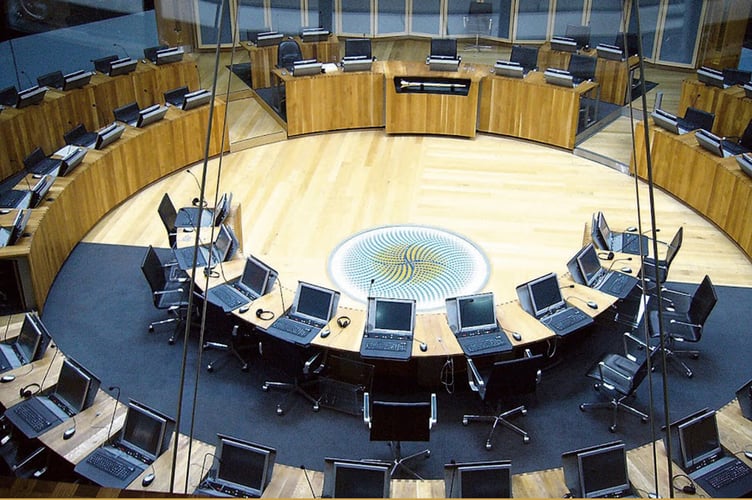Plans to make women make up at list half of candidacy lists in a bid to increase the proportion of women standing as candidates in future Senedd elections have been published.
The Welsh Government said the Senedd Cymru (Electoral Candidate Lists) Bill aims to make the Senedd more effective by being more representative of Wales, but the Welsh Conservatives said it will vote against the move as the party “will always reject any system which seeks to pit one aspect of diversity over another.”
If the Bill becomes law, political parties putting forward more than one candidate in a constituency at a Senedd election will need to ensure women make up at least half of the list.
Parties will also need to place women at the top of at least half of their constituency candidate lists.
Wales was the first country in the world to achieve equal representation of men and women in what was then the National Assembly in 2003 but since then the proportion of women represented in the Senedd has fallen.
In the 2021 Senedd election, less than a third of the 470 candidates put forward by political parties in Wales were women and of the 60 seats in the Senedd, 26 are held by women.
Minister for Social Justice and Chief Whip Jane Hutt, said: “20 years ago Wales made history when 50 per cent of members elected to the then National Assembly were women, but that number has since fallen.
“This Bill aims to achieve a gender balanced Senedd.”
Jess Blair, Director of Electoral Reform Society Cymru, said the bill “represents a key next step for the Senedd.”
“Wales was the first UK nation to achieve gender equality in its parliament in 2003, but that progress has slipped back and women have been underrepresented for the majority of the Senedd’s existence,” she said.
“This bill will rectify that inequality and ensure that equal representation of women is a basic requirement of Welsh democracy, rather than an all-too-frequently missed aspiration.”
Darren Millar MS, Welsh Conservative Shadow Minister for the Constitution said: “We believe that candidates should be chosen and elected to our national parliament on the basis of merit, not because of their self-identified gender, biological sex, sexuality, race, religion or disability.
“While we all want to see greater diversity in our politics, we will always reject any system which seeks to pit one aspect of diversity over another.”





Comments
This article has no comments yet. Be the first to leave a comment.